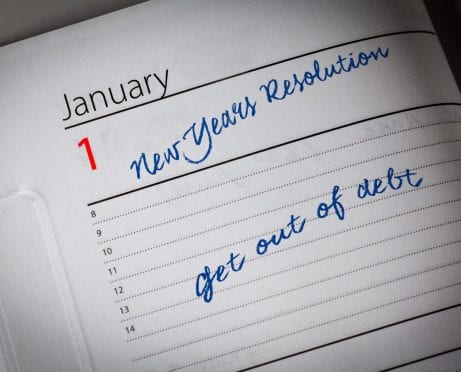
Money can spark all kinds of reactions and feelings, from pride to fear to joy. But let’s turn that relationship around: How do our emotions impact our money-related behaviors?
I recently had an interaction that made me think through the way emotions and personalities shape our choices. Lucky for us at CentSai, we have financial expert Peter Neeves, Ph.D., to talk about the complex thoughts that go into behavioral economics. So here goes:
A Shoe Repair Debacle
I once frequented a shoe-repair store that was inexpensive and near my apartment. (In New York City, a good shoe repair guy is a must.) I knew this particular vendor was not running a meticulously organized operation, but the low cost kept me coming back.
One day, I paid in advance for my shoes to be resoled. When I picked up the shoes, the cashier asked for the $25, because the word “paid” hadn’t been marked on the ticket. I tried to explain that I had paid, but it landed on unsympathetic ears.
I was angry. Here’s a $25 cost now doubling to $50 because of someone else’s mistake. I decided to pay the cost and never go back. But that meant going to a more expensive shoe guy whose store was further away.
Who lost in that deal? Me! My costs increased, as did the inconvenience I experienced.
This is a prime example of behavioral economics in action. Neeves points out that anger wasn’t the only emotion at work. There was also some resentment, plus the fear that the same mistake will happen again.
A Better Response
So what’s a more rational response that wouldn’t have caused me to spend more? Neeves says that the answer lies in being more vigilant and aware of whom you’re dealing with.
“You say to yourself, ‘I understand the system is not good. I am going to take on that responsibility. They robbed me of $25, so I have to manage them better,’” he says.
Had I taken that advice, I could have avoided paying higher shoe-repair costs. But I felt I was treated too unfairly to go back. My emotions got the better of me.
Sales Pitches and Behavioral Economics
Here’s another scenario: You’re in a small wine shop, and there’s a tasting. You try a small glass and the lovely sales rep is chatting away because there aren’t many other people in the store. The wine is fine, but maybe a little too expensive. Besides, you came into the store shopping for something else.

Maybe you just walk away. But maybe you talked to the rep for a little longer than you meant to. Now you feel guilty for making the salesperson think that she was closing a deal.
What makes you give in and buy the wine? “We’re trying to not look bad,” Neeves says. “We want to leave the person with a good impression.”
This App Makes Managing Your Finances Easy — Start Budgeting Today >>
It’s not the most rational response. Unless that person is a friend or contact, you’re probably never going to see her again.
And if you were at a large chain or warehouse club store like Costco, you’d have no problem not buying. “There, you don’t have this starving artist who you’re walking away from,” Neeves says.
Plenty of people, though, are good at walking away from a less-than-perfect purchase. Yet others will try to improve their situation by squeezing out a tiny gain or advantage from any scenario, no matter how obnoxious.
The Behavioral Economics of Haggling
Many people will haggle over small rules that govern a group. And I recently heard of a great example. At a weeklong education program for kids, one parent was willing to pay the main fee, but balked at the added cost for picking up a child late. The added cost was minimal, but the haggler kept coming up with reasons why that measly $5 was not to be added to the bill.
In Neeves’ view, somebody like this is the kind of person who feels that rules don’t apply to her. A person who simply says, “I’m not taking responsibility.”
It’s the same mentality that governs someone who spills coffee on a laptop, then takes it back to the store and says, “This is defective. I want a refund.”
Sure, those kinds of people will get away with bending the rules some of the time. But Neeves has a message for them: “If that’s the way you operate, you’ll never be financially successful.”
Why? Because it will always be too easy to place the onus on someone else. You’ll always have someone to blame — anyone except the person in the mirror. By contrast, building greater awareness of your reactions and behaviors can give you insights into why you spend.
The best practice? Take a beat — have a think.










